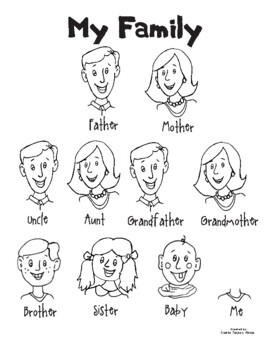ZABIVAKA
ZABIVAKA
Zabivaka™
means “the one who scores” in Russian, a very suitable name for this wolf who
radiates fun, charm and confidence.
The
Official Mascot will play a very important role in the upcoming 2018 FIFA World
Cup Russia™. The wolf will promote the event and entertain crowds at the
stadiums, he becomes an ambassador for
Russia and a worldwide ‘celebrity’.
More
than one million Russians cast their votes on FIFA.com during
the month-long voting period and the big reveal was done during a live show on
Russia’s Channel 1.
Wolf
He might be the youngest player in the squad, but you won’t find anyone faster, bolder or more skilful with a football. Wolf’s talent nearly always contributes to his team winning the match.
Key characteristics:
• He is charming, confident and social and has always dreamt of becoming a football star.
• His favourite sporting pastime is playing football. He is a fair player, values his team members and respects his opponents, and he plays with skill and purpose.
• He is always fun to be around – as the joker in the pack, he knows how to make others laugh.
• He has taken to wearing cool sports glasses when he’s in action; he believes they give him special targeting powers on the pitch. And he loves to pose for photos!
You can also follow him on
Facebook.
